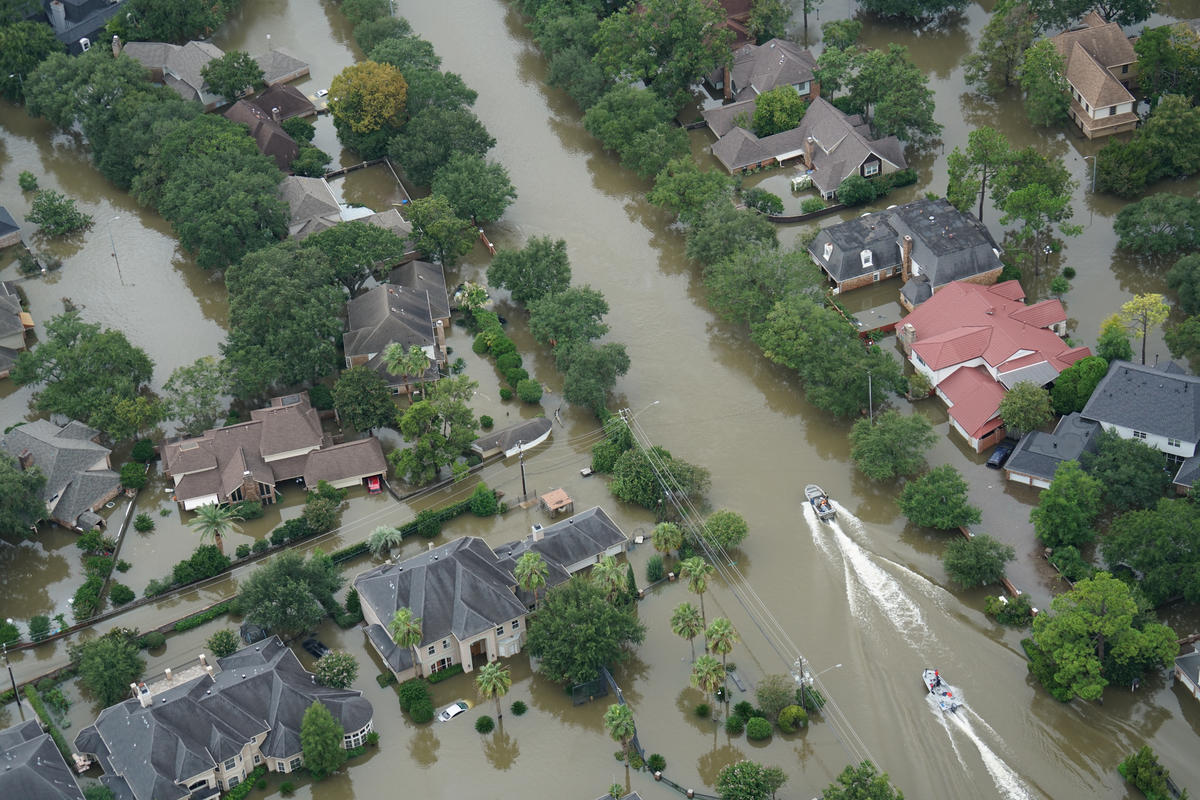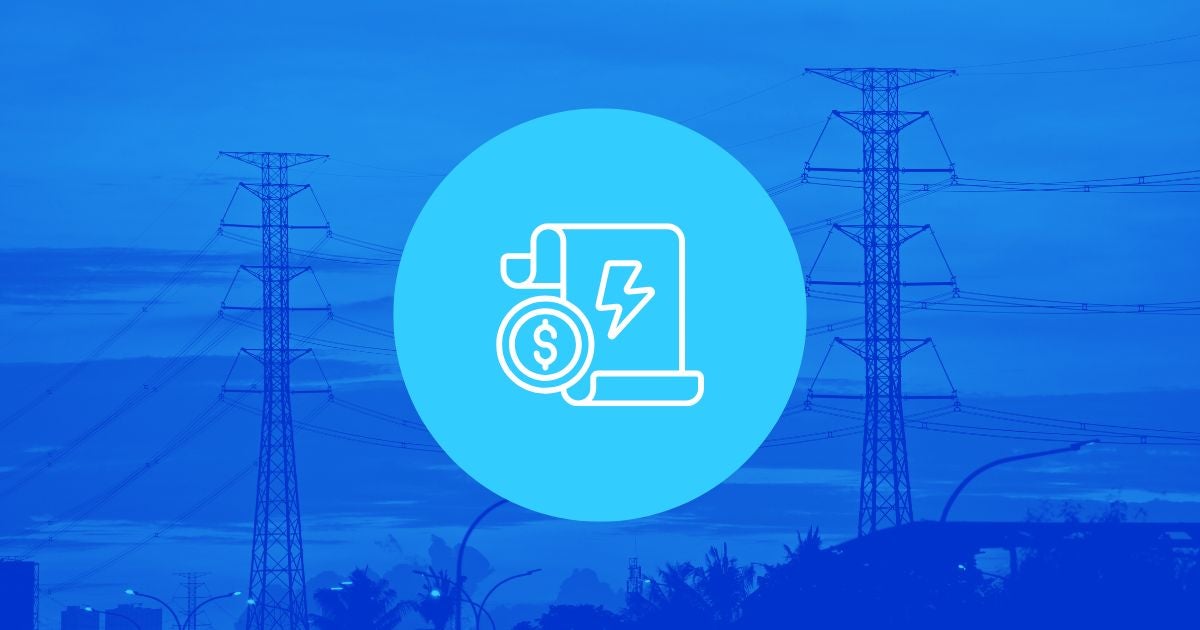Leaked EPA Draft: Net $ Benefits from Lowered Emissions
 This post is by Nat Keohane, Ph.D., director of economic policy and analysis at Environmental Defense Fund.
This post is by Nat Keohane, Ph.D., director of economic policy and analysis at Environmental Defense Fund.
A few weeks ago, it came out that the White House is excising major portions of an EPA document on regulating greenhouse gas emissions under the Clean Air Act. The document – a draft Advance Notice of Proposed Rulemaking – is EPA’s answer to a 2007 Supreme Court ruling that greenhouse gases fall squarely within the act’s definition of “pollutant”.
The 252-page draft document [PDF] was leaked. In it, EPA projects that controlling greenhouse gas emissions from cars and light trucks would result in substantial net savings to Americans – as high as $2 trillion in net present value over the next few decades.
In reaching this conclusion, EPA considered the "social cost of carbon" (i.e., the societal value of reducing CO2 emissions) as well as fuel savings and other factors – a crucial piece often omitted from cost-benefit analyses. Moreover, the authors point out that the benefit from reducing a ton of emissions is almost surely underestimated: "[T]he IPCC has concluded that current estimates of the social cost of carbon are very likely to underestimate the benefits of CO2 reductions."
Coming from an administration that has refused to take meaningful action on climate change – and has based its reluctance largely on economic grounds – an EPA report finding a substantial net savings for taking action is big news.
At least, it would be big news, if the estimate made it into the final document. But that appears unlikely to happen. According to the Wall Street Journal, "The White House’s Office of Management and Budget has asked the EPA to delete sections of the document that say such emissions endanger public welfare, say how those gases could be regulated, and show an analysis of the cost of regulating greenhouse gases in the U.S. and other countries."
The bad news is that this is yet another case of the White House interfering with EPA on global warming. The good news is that EPA staff recognize that action on climate change makes economic sense.













2 Comments
Google: goodbye world’s biggest polluter
sayeth george Bush at his last G8 meeting.
[[Editor’s Note: Here’s a link.]]
Nat- I’d love to get your take on a new policy idea that I’ve been reading about a lot: Cap & Dividend.
It caps carbon, auction 100% of the permits and returns the auction revenue directly to the public in equal dividend checks.
It strikes me as even more market-based than the Cap & Trade approach while answering the biggest problem in solving the climate crisis, increased carbon prices.